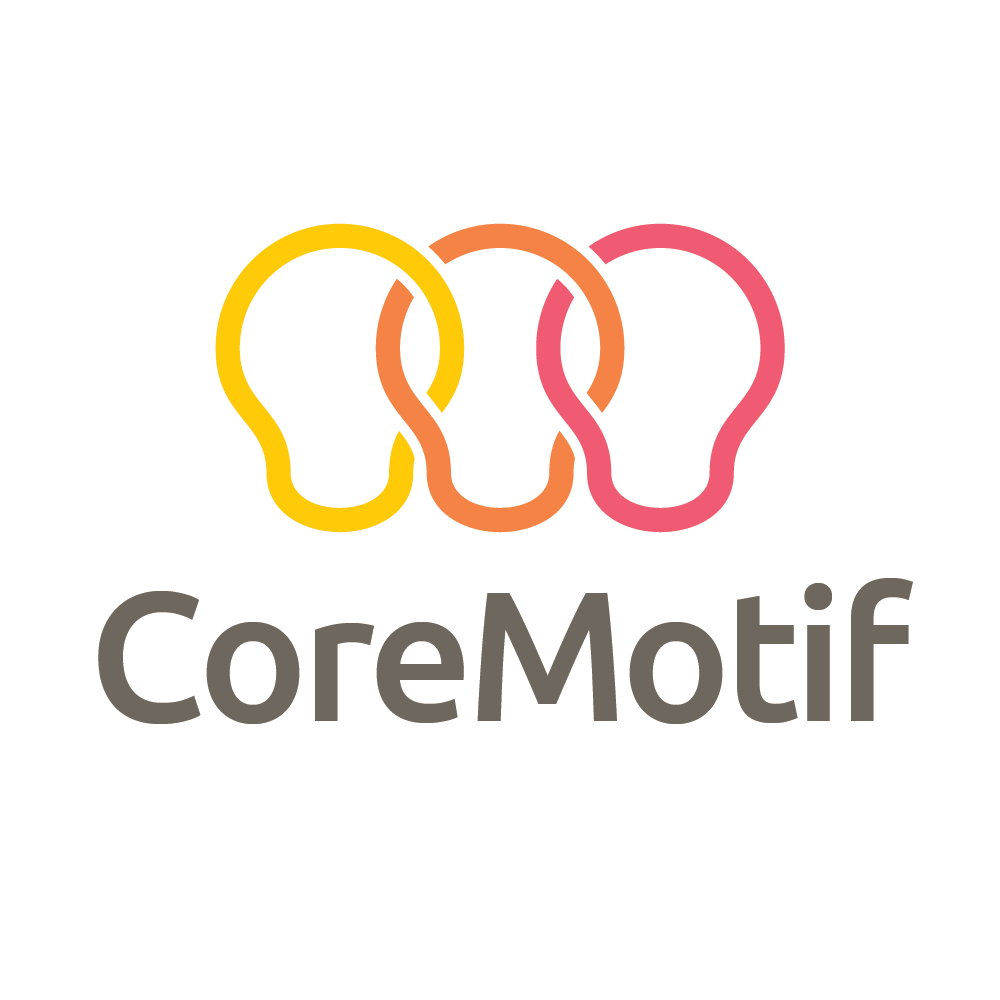There might be hope for budgets yet!
Some might say that budgets are a necessary evil of running any business. Others might say that while budgets are usually mentioned as an inhibitor of growth by limiting investments, they are a great tool to focus resources and to make sure money is spent responsibly. I’m guessing both those parties are correct.
Traditionally budgets are based on fixed annual periods and they follow the organization chart, each department may have its’ own budget, whose manager oversees. Setting the budget is a time-consuming process which results in a tendency to follow it to the letter. Managers should not over- or underspend, some might say. Changing the budget might require another budgeting cycle, which is in turn heavy. And in some companies the budgeting process is only focused on expenses, neglecting the revenue side inevitably rendering the budget useless as a tool to estimate business results. And we haven’t even gone into the office politics of defending a budget, or using it all up before the budgeting period is up, again, ignoring business results.
Another aspect of traditional budgeting is that the budgeting period is annual. That means that there are at least 12 months from the time you identify an expense till you can respond to it. It doesn’t matter if it’s a significant investment in infrastructure to respond to growth, new product opportunities or simply fixing something you forgot to budget for (yes, this happens more often in real life than people would like to admit). And we know that if you sit around for 18 months to jump on a new business opportunity, somebody else will have beat you to it.
But, there is hope! Enter beyond budgeting. Beyond Budgeting is a leadership philosophy that takes an alternative approach to budgeting. It’s based on
- Rolling budgets, produced on a quarterly or a monthly basis.
- Budgets are flexible, rely on up-to-date figures
- The forecasts are KPI based, KPIs such as return on capital, free cash flows or cost to income ratios. This is a lot faster than budgeting and the benchmarking bar is constantly raised to encourage maximum profit potential.
- Allow operational managers to react to the environment,
- Focus efforts on managing future results, and not explaining the past.
The two main advantages of Beyond Budgeting is that it’s a more adaptive process than traditional budgeting and that it’s a decentralized process and addresses the entire performance management process. This makes the Beyond Budgeting process more in line with the needs of the modern business as planning cycles are becoming shorter and shorter and timely responses to market changes are important.
There are six shared common principles to Beyond Budgeting as described by Hope and Frasier in their book “Beyond Budgeting”
- A governance framework based on clear priorities and boundaries: This enables the front-line teams to take decisions. A coach and support style of management promotes community spirit and seamless service for customers
- A high-performance climate based on visible and relative success at all levels: This promotes peer based performance reviews, internal competition and a sense of customer ownership
- Front line teams with the freedom to take decisions in line with the company’s governance principles and strategic goals: This advocated the abandonment of safety first approach to open up the strategy process to all contributors. High standards, higher expectation and benchmarks are promoted.
- Teams given responsibility for value creating systems: This creates and empowers many small units within the company, who have the freedom to do what they need while remaining accountable
- Teams focused on customer outcomes: This leads to greater accountability, as well as a more satisfied and profitable customer
- Open and ethical information systems: This generates more reliable information, greater transparency and more ethical reporting.
Going through the list above, you can see striking similarities with lean, that is the focus on the customer, shorter cycle times and increased performance. But beware, with the traditional way of budgeting, you would codify your business strategy in a budget. The budget would outline where you would invest, where you would divest, lower costs, etc..
Implementing Beyond budgeting for us means that you need to have a robust strategy process to complement the budget, once the budget is focusing on how you manage your money instead of what you do with it.

